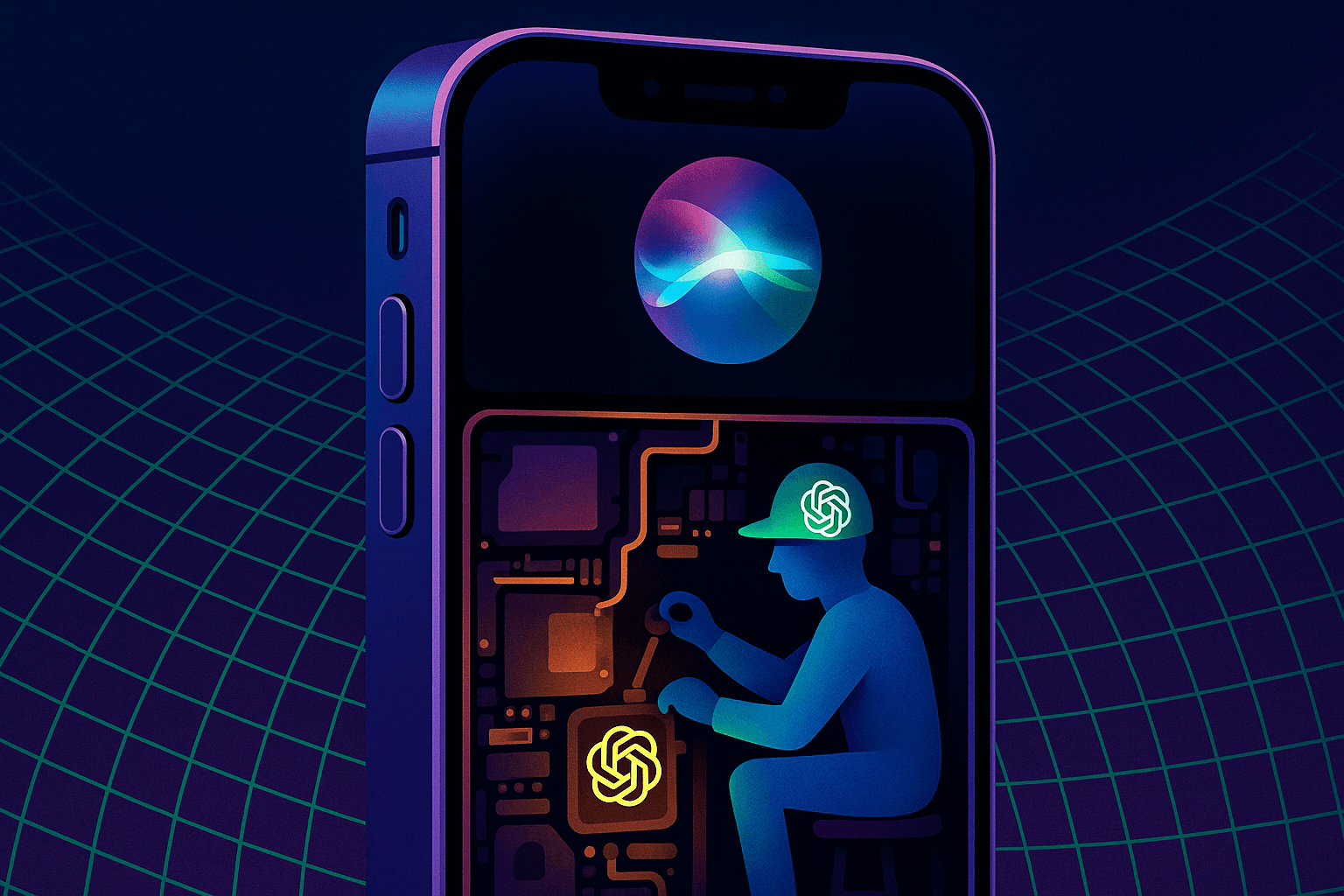MiniLLM: Knowledge Distillation of Large Language Models
PositiveArtificial Intelligence
- A new approach to Knowledge Distillation (KD) has been proposed, focusing on effectively transferring knowledge from large language models (LLMs) to smaller models. This method replaces the traditional Kullback-Leibler divergence objective with a reverse KLD, which is better suited for generative models, thereby addressing the computational challenges associated with LLMs.
- This development is significant as it enhances the efficiency of smaller language models, making them more accessible and practical for various applications. It aligns with the growing trend of open-source LLMs, which are becoming increasingly important in the AI landscape.
- The advancement in KD techniques reflects a broader movement towards optimizing AI models for better performance and accessibility. As LLMs like ChatGPT evolve, the need for efficient processing on personal devices becomes critical, especially as current hardware struggles to support these models, highlighting ongoing challenges in AI integration into everyday technology.
— via World Pulse Now AI Editorial System






